
Many problems related to jaw pain can be addressed by a dentist. Jaw pain comes in two forms, primary and secondary. Primary refers to the pain caused by a medical condition, while secondary jaw pain is often a result of a problem in a different part of the body. Most primary pain can be treated by a dentist, but secondary pain might require more specialized treatment.Causes
Primary pain generally results in jaw pain being felt only on one side of the jaw. There might be symptoms such as headache or difficulty in moving, opening or closing the jaw, as well as talking and chewing. One might also hear clicking or popping sounds from the jaw joint.
Temporomandibular joint dysfunction affects the temporomandibular joint, and leads to an inability to properly open or close the jaw joint. The most regular symptoms of this condition are jaw pain around the neck, ear or cheek bone. One might also experience clicking, popping or cracking sounds. TMJ is normally caused by grinding or clenching of the teeth. Treatment normally involves the use of either pain killers, relaxation therapy, mouth splints or, in severe cases, surgery.
Jaw trauma may cause jaw pain. Trauma usually results from injury such as broken jaw. Teeth grinding or clenching might also cause jaw trauma. Arthritis in the jaw is another potential cause of pain. This condition can take the form of either rheumatoid or osteoarthritis. Arthritis must be diagnosed and treated properly in order for recovery to be successful.
Dental problems such as broken teeth, cavities and misaligned teeth can also lead to jaw pain. If you have undergone oral surgery or dental fillings, you might also experience jaw pain. Gum disease might also cause pain.Bone spurs around the jaw joint or jaw might cause pain. This pain might occur when one is opening or closing the mouth. Conditions such as this can develop during old age, or as a result of general wear and tear. Additionally, abscesses, sinus infections, tumors, swollen glands, cysts, migraines, caries, osteomyelitis can all lead to jaw pain.
If you experience breathing problems, chest pain or tightness, nausea or arm pain in conjunction with jaw pain, this might indicate the possible onset of a heart attack. Osteonecrosis is a potentially life threatening condition, and might occur in those who have taken intravenous bisphosphonate medication.
Some rare causes include irritation of the fifth cranial nerve, inflammation of the parotid gland, actinomycosis and tetanus.


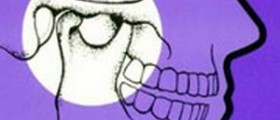
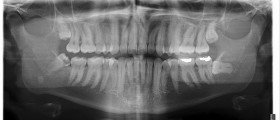

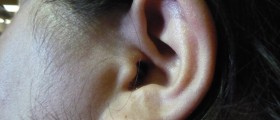


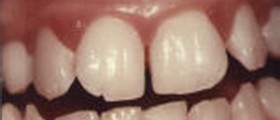
_f_280x120.jpg)




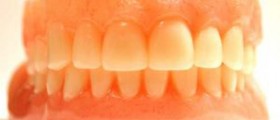
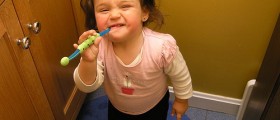
,-Don't-Ignore-Receding-Gums_f_280x120.jpg)
Your thoughts on this
Loading...